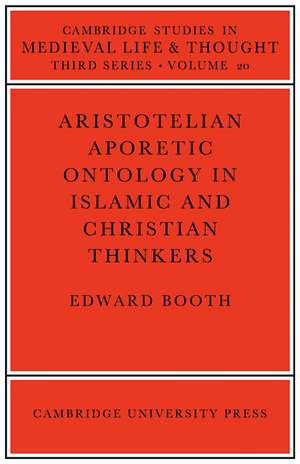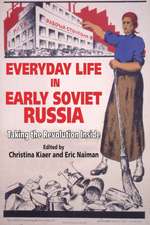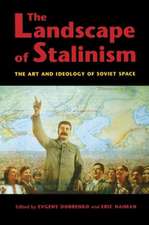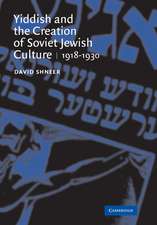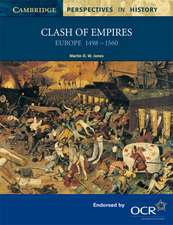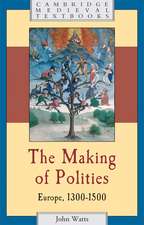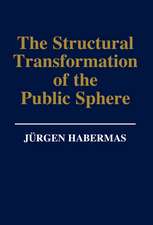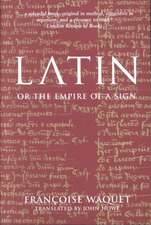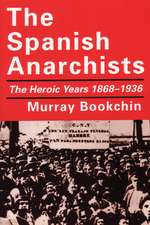Aristotelian Aporetic Ontology in Islamic and Christian Thinkers: Cambridge Studies in Medieval Life and Thought: Third Series, cartea 20
Autor Edward Boothen Limba Engleză Paperback – 26 noi 2008
Din seria Cambridge Studies in Medieval Life and Thought: Third Series
-
 Preț: 402.30 lei
Preț: 402.30 lei -
 Preț: 348.65 lei
Preț: 348.65 lei -
 Preț: 315.92 lei
Preț: 315.92 lei -
 Preț: 414.74 lei
Preț: 414.74 lei -
 Preț: 411.20 lei
Preț: 411.20 lei -
 Preț: 402.48 lei
Preț: 402.48 lei -
 Preț: 387.92 lei
Preț: 387.92 lei -
 Preț: 315.92 lei
Preț: 315.92 lei -
 Preț: 281.30 lei
Preț: 281.30 lei -
 Preț: 316.14 lei
Preț: 316.14 lei -
 Preț: 283.03 lei
Preț: 283.03 lei -
 Preț: 306.21 lei
Preț: 306.21 lei -
 Preț: 285.54 lei
Preț: 285.54 lei -
 Preț: 345.98 lei
Preț: 345.98 lei -
 Preț: 441.06 lei
Preț: 441.06 lei -
 Preț: 418.39 lei
Preț: 418.39 lei -
 Preț: 274.49 lei
Preț: 274.49 lei -
 Preț: 371.61 lei
Preț: 371.61 lei -
 Preț: 418.98 lei
Preț: 418.98 lei -
 Preț: 206.00 lei
Preț: 206.00 lei
Preț: 337.25 lei
Nou
Puncte Express: 506
Preț estimativ în valută:
64.54€ • 70.08$ • 54.21£
64.54€ • 70.08$ • 54.21£
Carte tipărită la comandă
Livrare economică 23 aprilie-07 mai
Preluare comenzi: 021 569.72.76
Specificații
ISBN-13: 9780521090445
ISBN-10: 052109044X
Pagini: 344
Dimensiuni: 140 x 216 x 20 mm
Greutate: 0.44 kg
Ediția:1
Editura: Cambridge University Press
Colecția Cambridge University Press
Seria Cambridge Studies in Medieval Life and Thought: Third Series
Locul publicării:Cambridge, United Kingdom
ISBN-10: 052109044X
Pagini: 344
Dimensiuni: 140 x 216 x 20 mm
Greutate: 0.44 kg
Ediția:1
Editura: Cambridge University Press
Colecția Cambridge University Press
Seria Cambridge Studies in Medieval Life and Thought: Third Series
Locul publicării:Cambridge, United Kingdom
Cuprins
1. Aristotle's aporetic ontology and the radical Aristotelian tradition; 2. The neoplatonist interpretation of Aristotle's ontology; 3. The Christian Aristotelian reaction of the sixth century and monotheist modifications to the neoplatonist legacy; 4. The Arab peripatetics; 5. Albertus Magnus: A Logico-Emanationist figure as a means of accepting peripatretic philosophy into the Christian, platonist tradition; 6. Thomas Aquinas: The 'aufhebung' of radical Aristotelian ontology into a pseudodionysianproclean ontology of 'esse'.
Descriere
A study of the consequences of a central problem in Aristotle's Metaphysics in the interpretation given to it by Islamic and Christian Aristotelian philosophers.
